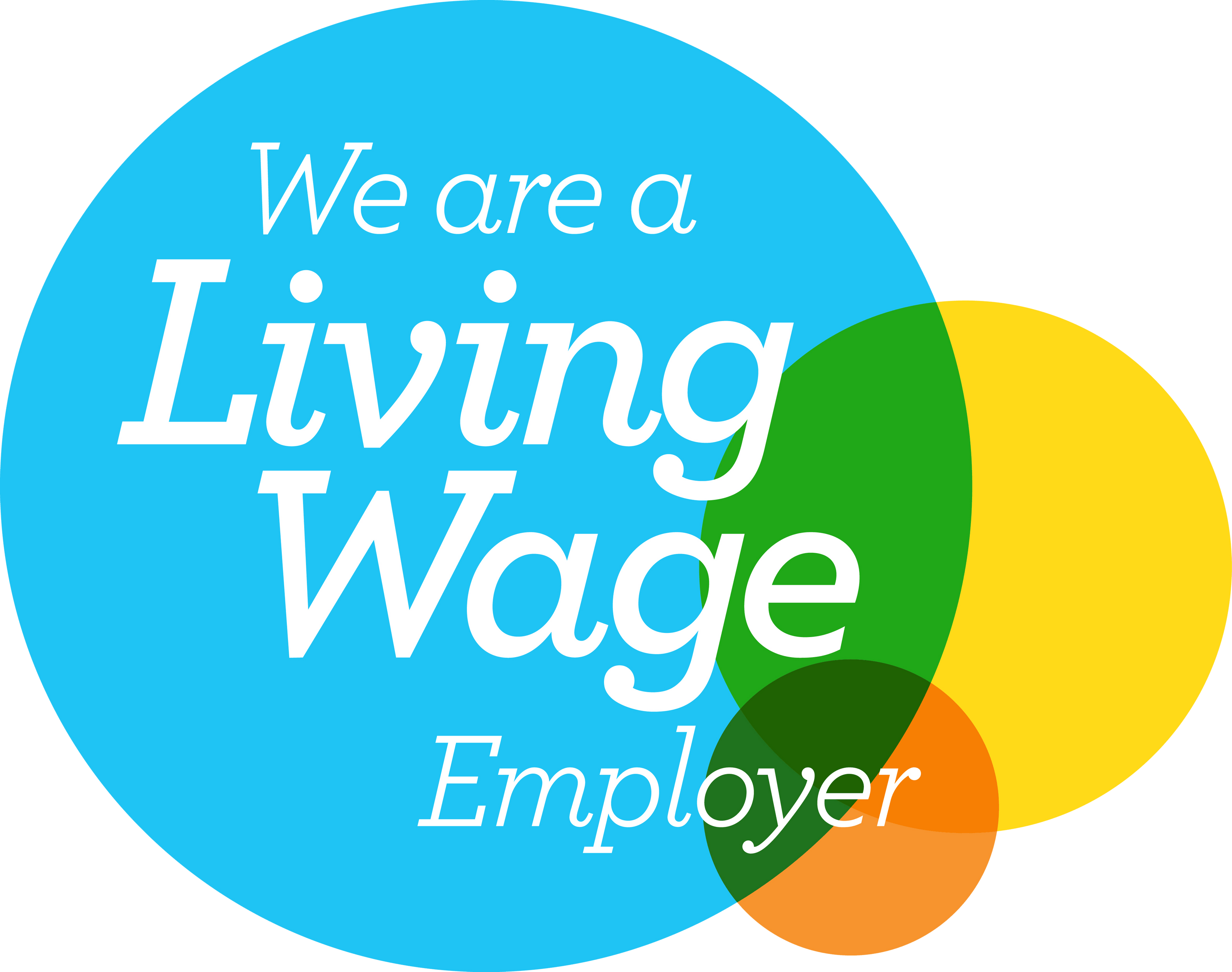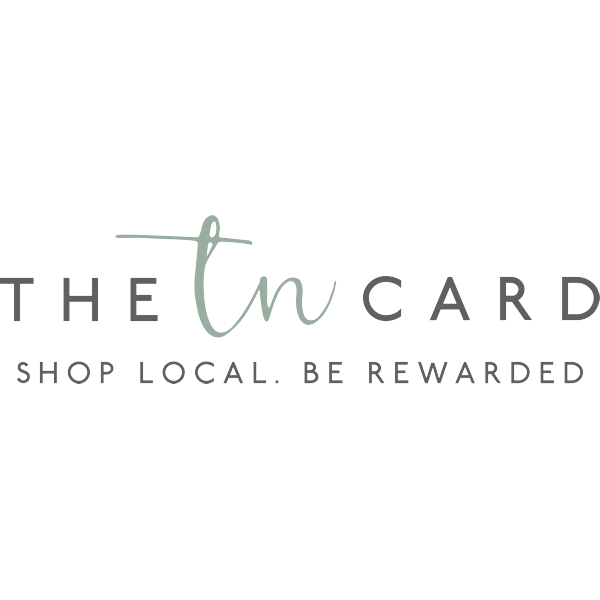This year marks our 15th year as a business. During those 15 years, we've experimented with a number of different routes to market including: distributors, export, independent retailers, supermarkets, and direct to consumer.
We like to think all of these experiments have culminated in the shaping of Goupie as the company it is today, and hopefully made us better for it! Though we haven't had some of the horror experiences that we know many small companies have faced over this time, we have dealt with our fair share of 'squeeze' from buyers and a general impression that this industry is stacked against the little guy!
This is part of the reason our strategy is the way it is today. Currently, we supply a number of independent retailers, a couple of carefully chosen distributors and sell direct to consumer through our website. Having a spread of revenue streams was a strength we were highly grateful for during the pandemic, and it certainly keeps the day-to-day more interesting!
Amazon
This year, we made the decision to remove all of our products from Amazon. We had decided to try Amazon out around 4 years ago, when we were first getting serious about D2C sales. We knew that there are many consumer brands who have had great success with Amazon, and so we were incredibly surprised to discover that two of the three routes to stocking Amazon were completely untenable for us. For example, when looking at 'Fulfilled by Amazon', we were quoted a higher total cost to Amazon per product, than our RRP. Essentially suggesting we would make an immediate loss of 20p per product.
This really only left us with one option, which we explored regardless. We knew Amazon provided customers with a level of convenience that would be hard to match ourselves, and we wanted them to have the best possible experience. Unfortunately, logic and good sense often failed when dealing with the automated systems. One incident saw us being repeatedly called on Sunday mornings, and our entire catalogue blocked for sales, because their system had a glitch and couldn't recognise the very valid Royal Mail tracking numbers. Despite admitting that the issue was theirs, we were forced to write a letter to explain how we would never allow the problem to occur again, and acknowledge that if it did we may not be able to sell on the site.
Silly automated statistics aside, we remained on Amazon for a number of years. Admittedly, we didn't take advantage of all of the paid promotions, and it very much played second fiddle to our own website. After-all, it felt silly to put our limited cash into promoting Amazon, when we could use it to promote our own website. It ticked along ok, but never caused much to be excited about. Ultimately, it hadn't been actively doing any harm, but we started to think 'does supplying our product on Amazon line up with how we want to do business generally?'.
We realised the answer was no. We didn't feel good about supplying our products on Amazon. We had a number of concerns about the company as a whole and how they affect the small business landscape, so why were we using the platform at all? We felt a little silly for not putting these parts together earlier, but that day we removed all the stock from the website. According to Amazon's account rules, we have to wait 90 days from the last transaction before we can formally remove the account, so at the beginning of April we'll officially be well and truly off!
Supermarkets
Our decision regarding supermarkets, we made much earlier. It could be argued, we first made our official line in the sand in 2018, when we decided against a listing with Ocado.
We'd been fortunate enough to be accepted onto a grocery accelerator programme which aimed to help us get listings with major retailers. Ocado was the particular business we were looking at, as we felt it was the best fit with our brand. The accelerator team were wonderful, and really did their best to provide the most optimal terms that they could for our small business. After a number of rounds, we were successful in our listing bid.
However, upon further inspection of the numbers and contracts, we started to realise that this route to market wouldn't work for us. We'd received a discounted listing fee, which would cover some basic marketing spend, and a dedicated category listing for products by small producers, and they agreed to take the product for the price we'd pitched. On the other side, Ocado themselves had absolutely no obligation to purchase any more than one case at a time and were completely absolved of responsibility when it came to actually selling the product. With thousands of products on their website, it was purely the responsibility of the producer to pay for enough marketing to get their product seen. We also were required to use their desired shipping and logistics partner, who also required a fee for the pleasure of being set up on the system.
Again, why would we spend thousands of pounds marketing someone else's website, when we could market our own, and receive a higher income per product sold. We wouldn't even be able to take advantage of reduced shipping costs from our own courier for higher volumes, as we weren't able to use them. In this situation, we couldn't see how we could possibly compete with the larger brands on the platform. We'd have needed to sell thousands of boxes just to cover our set-up costs, let alone maintain a listing with them, and hit sales targets. As a producer who hand-makes our product, we couldn't even benefit if we were successful in high sales through economies of scale in production. Every product would continue to cost what it did as the majority of that cost comes through staff. We regretfully had to decline the listing, and this is when we realised that not only could we not supply big chains/supermarkets, but we didn't really want to be the kind of business that could. It would take away the magic from our product.
Instead, we decided to explore a middle-ground. We secured listings the local Co-Op and Morrison's, each presenting a much smaller number of stores, and only looking to champion local products in the area. We hoped that this smaller, localised approach would be a better fit for our production, whilst still making us more accessible to our customers, which was the primary aim. With these listings, we realised that again, it was very hard to compete with the bigger brands in terms of visibility in a store full of household names. We were never pushed at by the buyers to purchase marketing, but it was clear that without it there was a limit to how visible we could be.
The local listing teams for both Co-Op and Morrisons were both lovely, and really were championing getting local produce into the stores. But at the end of the day, the logistics and KPIs involved in such a large organisation are very hard to fit into a small business model. For one company, we had to ship all of our products to Milton Keynes (from Kent), for them to be shipped back to each individual Kent store. We also had issues with the local branches displaying the stock correctly, or at all. The simple fact was, they had a limited space in store, and they needed to hit sales targets. They knew that moving a popular beer brand to an aisle would sell better than the three unknown local products would, and so regularly we would turn up to a store that stocked us, to find the product was still in the storeroom. We couldn't really blame them, but it did show that this route wasn't the one for us. It was more wasteful, and too disconnected.
Where Are We Going?
We really hope that this post hasn't sounded too much like a rant on big business. We all use these companies daily, and they certainly have their place in our economy. There are good reasons why they're set up the way they are, and how systems have taken the format they've taken. We may poke fun at some small frustrations, but we do understand it's not as simple for companies that large to manage these niggles as it is for us.
Hopefully, what we have gotten across is that these options simply weren't right for us, and the business we're trying to build. We're so grateful to have had all these opportunities and to have been able to explore our different options. It's helped shape where we want the business to be, and what we want it to stand for.
We are now working on a deliberate method in which we focus on a direct relationship with our customers, and a more collaborative one with our trusted stockists. We want every customer to have the best experience they can when buying Goupie so that the same care and attention that we take when making it, is being felt when purchasing it. We want our customers to know that we've considered the options, and our decisions have been made with care, which is why we decided to write this post. It's not about us bashing other companies, it's about why the fit doesn't work for us.






